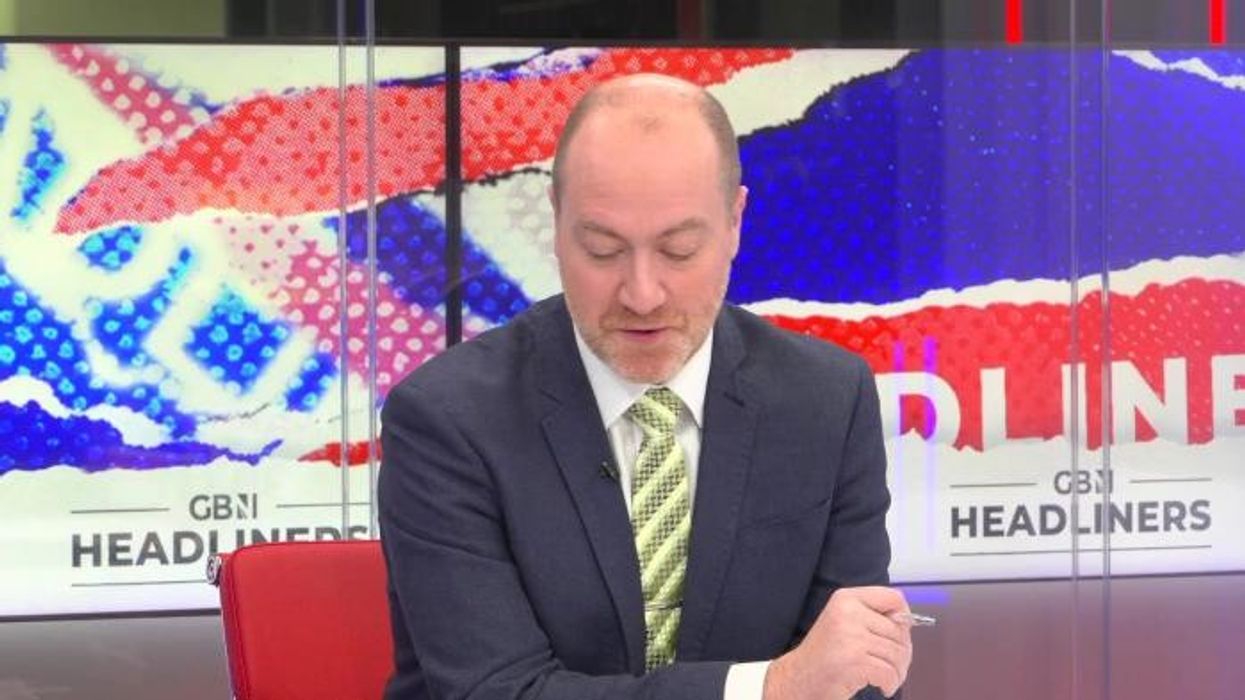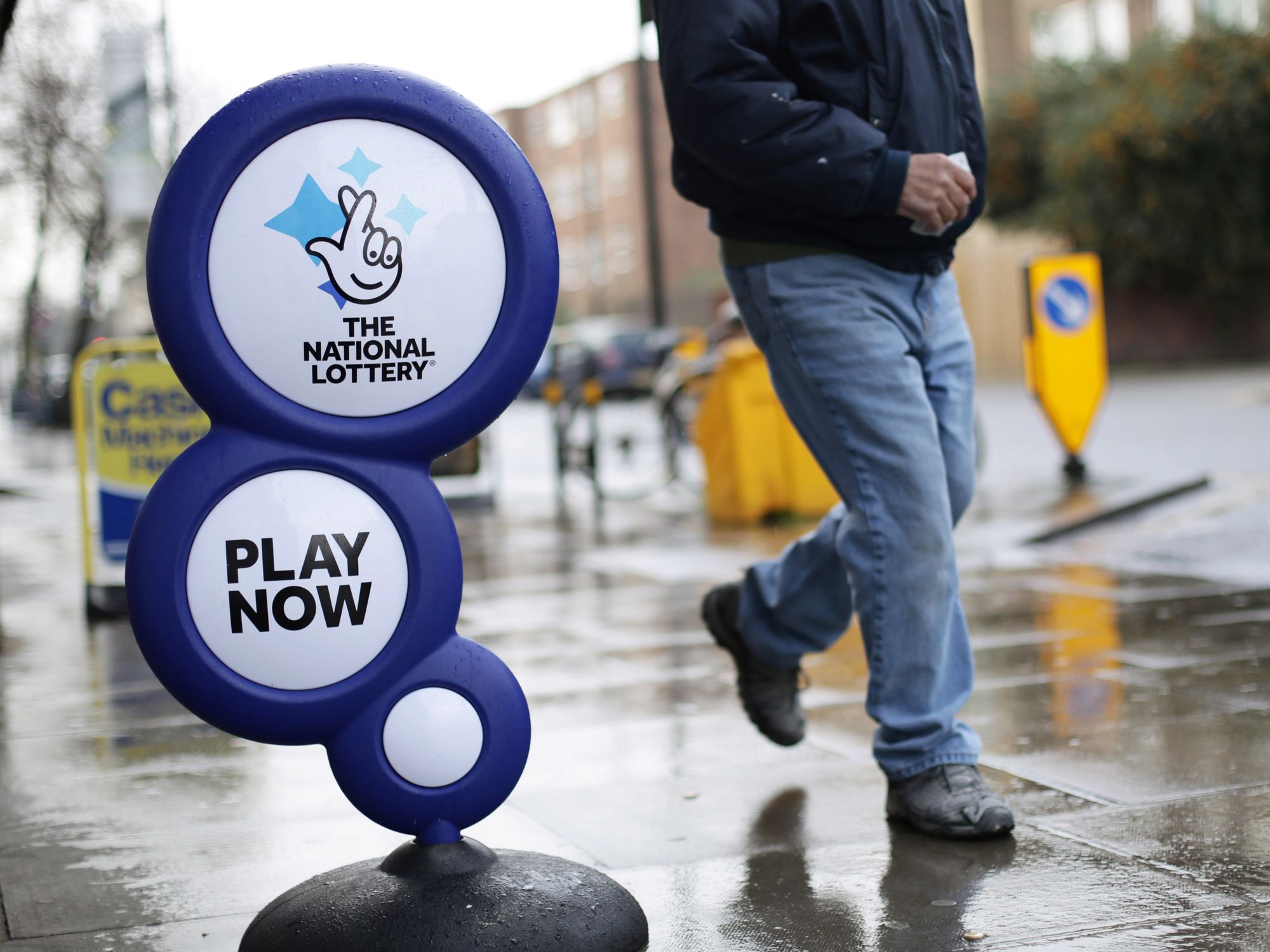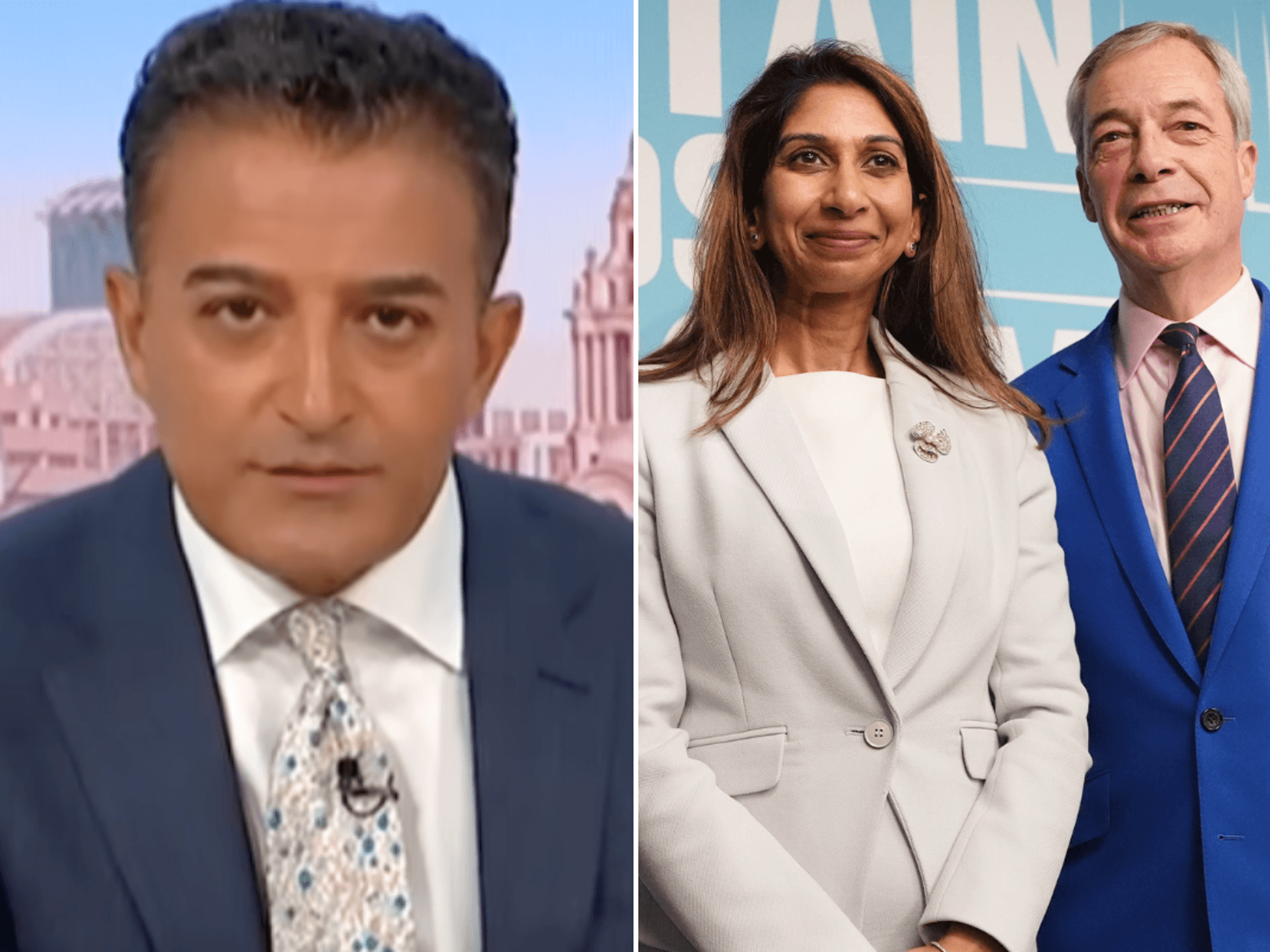Millions of drivers risk breaking DVLA licence rules over simple error that lead to 'criminal offences'

The DVLA requires drivers to renew their licence every 10 years to continue travelling on UK roads
Don't Miss
Most Read
Drivers have been warned that they could unknowingly break the law, with approximately 2.3 million photocard driving licences set to reach their expiry date this year.
The scale of the problem became apparent when roughly 300,000 drivers neglected to renew their documents last year, potentially continuing to drive illegally.
The DVLA requires photocard licences to be renewed every decade to ensure photographs remain current and accurate. This helps authorities verify identities and prevents fraudulent use of driving documents.
**ARE YOU READING THIS ON OUR APP? DOWNLOAD NOW FOR THE BEST GB NEWS EXPERIENCE**
Many motorists remain unaware that their plastic photocards have expiration dates, creating a widespread compliance issue across the UK.
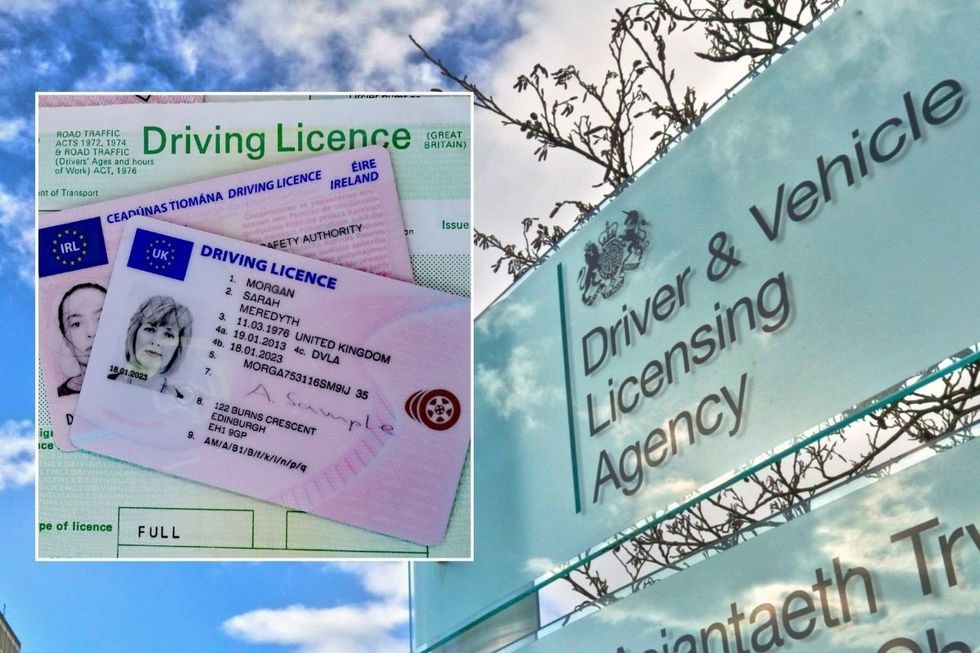 Thousands of drivers could risk being slapped with fines if they fail to renew their licence this year | PA/DVLA
Thousands of drivers could risk being slapped with fines if they fail to renew their licence this year | PA/DVLAThis oversight can leave hundreds of thousands vulnerable to serious legal consequences while believing their documentation remains valid.
Motorists caught operating vehicles with expired licences face severe penalties, including fines of £1,000 and up to six penalty points on their driving record.
Law enforcement officers can also impound vehicles when drivers present invalid credentials. "Driving with an expired licence is not a minor issue - it's a criminal offence," warned a spokesperson from BigWantsYourCar.com. "If you're caught, the consequences are serious."
The DVLA stated that operating a vehicle without valid documentation constitutes a legal violation, not merely an administrative oversight. Updated photographs enable police and enforcement agencies to accurately identify drivers and detect potential fraud.
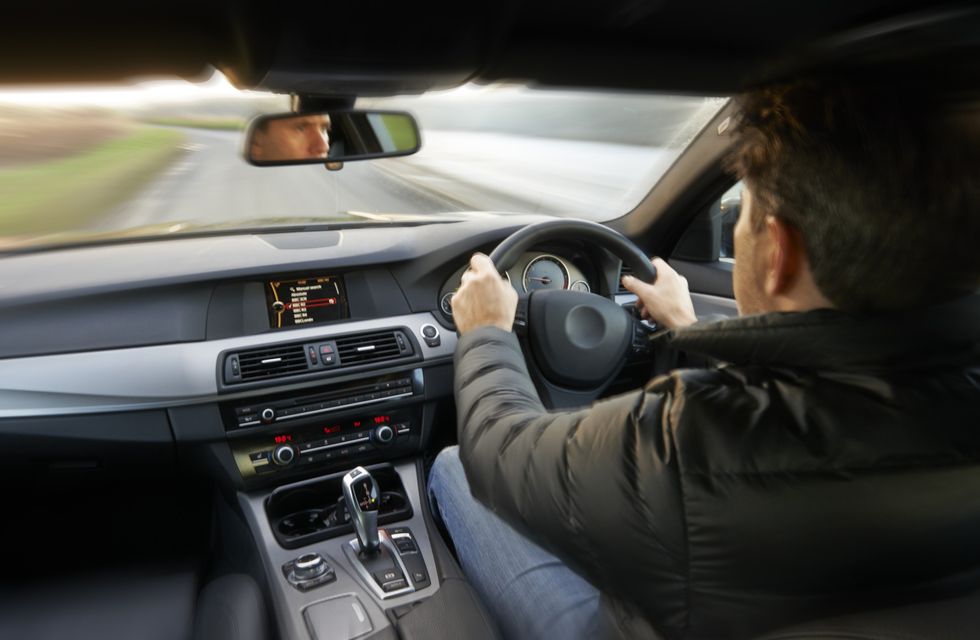
Last year, 300,000 drivers failed to renew their driving licences
| GETTYModern licences also have enhanced security features, which can help avoid identity theft and prevent disqualified motorists from illegally returning to the roads.
Drivers can verify their licence's validity by examining section 4b on the photocard's front, where the expiration date appears. The DVLA provides online renewal services operating round the clock, with new documents typically arriving within three weeks of application.
"It's a good idea to set a reminder or check the DVLA website periodically," the expert advised. "Don't assume you'll get a renewal letter - if your address isn't up to date, you might miss it." The renewal process costs £14 when completed online, with applications processed within five to seven working days.
Post Office renewals take slightly longer due to verification procedures, while postal applications may require up to three weeks. Applicants need a current UK passport photograph meeting official standards to complete their renewal successfully.
LATEST DEVELOPMENTS:
- Vladimir Putin gifts motorcycle to American who complained about spare parts coming from war-torn Ukraine
- Britons face lifetime driving bans and £1,000 fines for traffic offences as police target 'reckless' motorists
- Tesla prepares to launch new electric car for £35,000 in bid to fight off Chinese competition
In the UK, car insurance policies typically require valid licences, with experts warning that having an expired one could invalidate coverage entirely. Insurers may also refuse to honour claims if they discover a policyholder was driving without proper credentials.
"Even if you pay for comprehensive cover, your insurer may decline to pay out if they find your licence has expired or is invalid," BigWantsYourCar.com explained. "That could mean being left with the full cost of a repair or liability claim."
Beyond expiration dates, motorists must maintain accurate personal information on their licences. Changes to names, addresses or medical conditions affecting driving ability require prompt notification to the DVLA.
Outdated details can also cause licences to be invalid, creating identical legal and insurance complications as expired documents. This oversight can become particularly problematic during accident investigations or insurance claims processing.
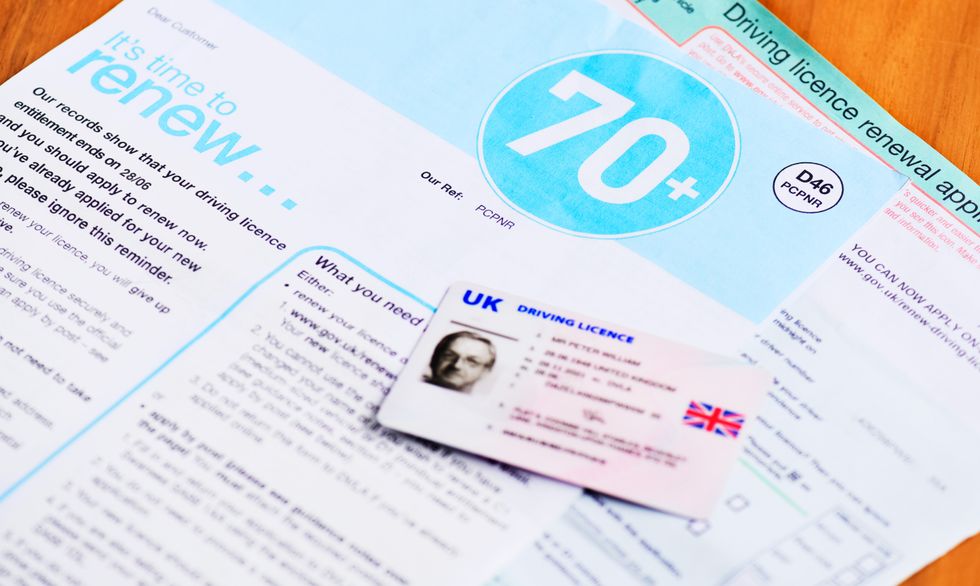
Elderly motorists are required to renew their licence every three years after they turn 70
| GETTYElderly motorists face particular challenges, as those aged above 70 must renew their documentation every three years rather than the standard decade.
"Drivers in their late 20s and early 30s who passed their test in their teens may not realise they're already due for a renewal," noted BigWantsYourCar.com. "It's easy to forget if you've never had to think about it before."
Younger motorists who obtained licences a decade ago often remain oblivious to renewal requirements, particularly those who have relocated without updating their registered address. Without receiving reminder notifications, these drivers may continue using expired documentation unknowingly.
The combination of infrequent renewal cycles and address changes creates perfect conditions for widespread non-compliance amongst various age groups.


